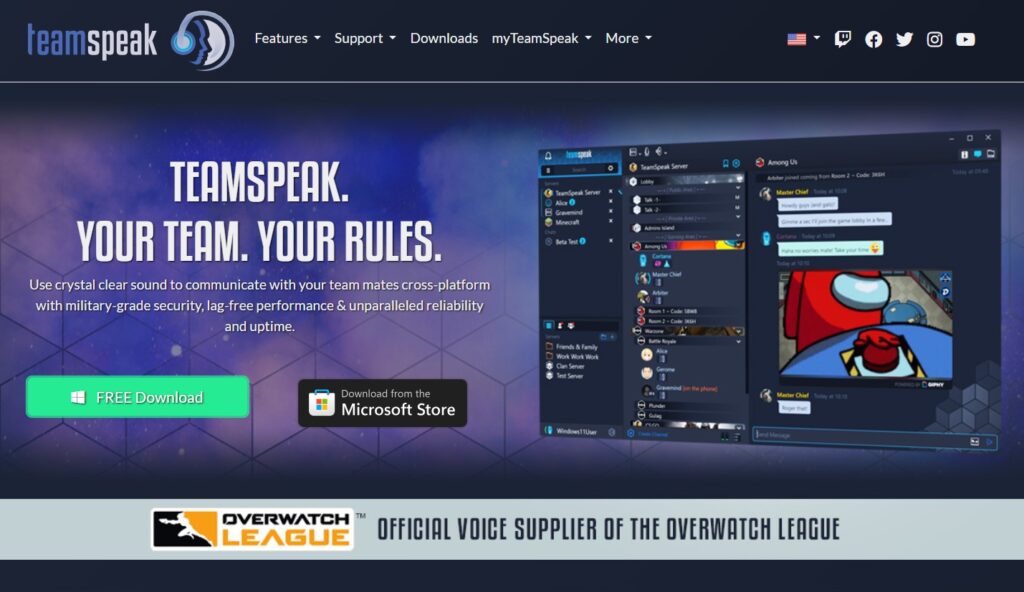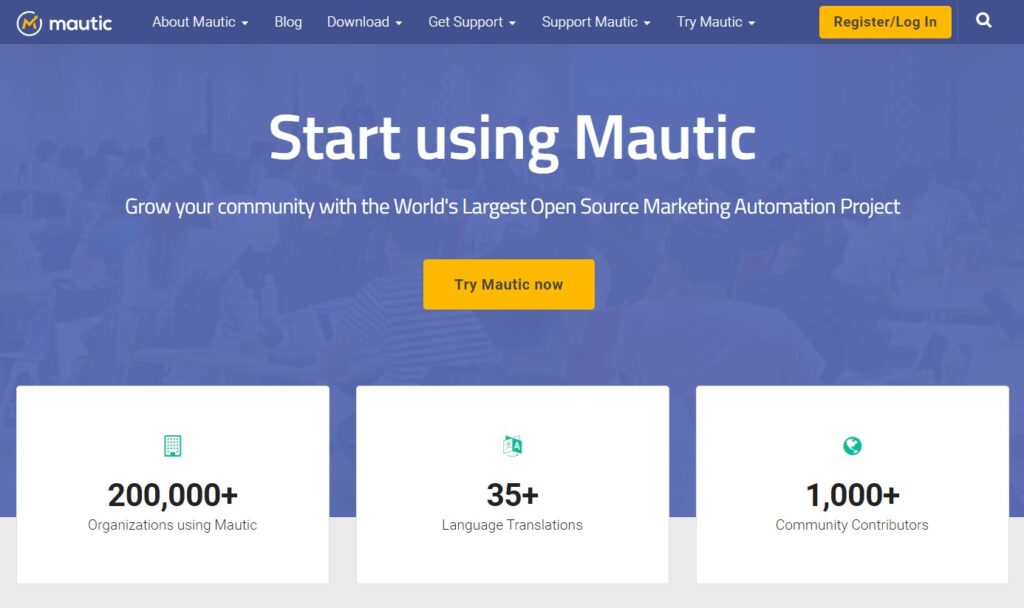
In a nutshell:
- 1.1 Background information
- 1.2 Overview of key data - advantages and disadvantages
- 1.3 Who is Grav for?
- 1.4 What sets Grav apart from the rest?
W tym tekście przyjrzymy się platformie Grav, szczegółowo omawiając jej możliwości i potencjał. Rozważymy, jakie firmy mogą z niej efektywnie korzystać w prowadzeniu działalności online. Przeanalizujemy także koszty utrzymania, skalowalność oraz optymalizację pod kątem SEO. Dodatkowo zestawimy Grav z innymi dostępnymi opcjami, aby pokazać, co wyróżnia to rozwiązanie. Po przeczytaniu artykułu będziesz mógł świadomie wybrać najodpowiedniejsze narzędzie e-commerce dla swojej firmy.

What is Grav?
Grav is a modern flat-file content management system (CMS) that is not based on a database, but on files. It is available in an open-source model and stands out for its simplicity and high performance. Grav allows a variety of pages to be built, zapewniając szybkie działanie oraz łatwość przenoszenia między serwerami.
Basic information
| Software type | Open-Source |
| Country of origin | USA |
| Year of issue | 2014 |
| Access to source code | Yes |
Overview of key data - advantages and disadvantages
| Price | ✅ |
| Hosting included in the price | ❌ |
| Safety certificates | ✅ |
| Integration with accounting systems | ✅ |
| Sharing on social media | ✅ |
| Running a blog | ✅ |
| Advanced SEO tools | ❌ |
| Integration with payment systems | ✅ |
| Possibility of selling virtual products | ✅ |
| Technical support | ❌ |
| Internal linking | ✅ |
| Edit meta title and meta description throughout the site | ✅ |
| Editing of URLs | ✅ |
| Making advanced technical changes | ❌ |
The pros and cons of having a shop on Grav from an angle:
SEO
The ability to edit meta tags, URLs and create internal links is a big plus. However, lack of advanced SEO tools and the need to edit HTML can be a problem for some users.
Maintenance costs
Grav is free and the lack of a database reduces server maintenance costs. The need to manually configure some functions may generate additional costs associated with technical assistance.
Business scalability
The limited number of plug-ins available on the Grav platform can be a serious problem when expanding a website with additional features. Compared to more powerful content management systems such as WordPress, Grav offers a smaller selection of extensions.
Such limitations may require advanced technical knowledge on the part of those managing the site. As a result, this can lead to increased development time and costs associated with creating and maintaining the site.

Who is Grav for?
| Shop up to 1000 products | ✅ |
| Shop up to 10 000 products | ❌ |
| Shop up to 100,000 products | ❌ |
| Shop 100,000 products and more | ❌ |
Grav is particularly recommended for small online shops.
What sets Grav apart from the rest?
-
- Simple installation
Grav does not require a traditional installation process. All you need to do is download the files, extract them and transfer them to the server.
-
- High performance and speed
The lack of a database significantly reduces page loading times.
-
- Ease of use
The administration panel is easy to use, even for those without technical experience.
Examples of sites built on Grav
Before you make a decision, it is worth reviewing examples of sites based on the Grav platform. This will help you better understand how it works in practice and the possibilities it offers. Below are a selection of realisations.
teamspeak.com

adyen.com

mautic.org

Is Grav worth choosing: our opinion
Grav is a platform that has many advantages. First and foremost, it stands out for its simple installation - no database configuration is required, which makes the whole process of launching a website extremely easy. Grav provides high performance and fast loading pages, which is important for users who value fluidity. The administration panel is intuitive and easy to use, even for those without much technical experience, making it easy to manage the content and structure of the site.
An additional advantage is the availability in many languages and the ability to support multilingual pages, making Grav an attractive choice for international projects. The platform also offers great flexibility, allowing easy management of custom fields and supporting a variety of file formats.
On the other hand, Grav has some limitations. Although it offers basic SEO tools, the more advanced features require editing of the HTML code, which can be a barrier for less technical users. Another downside is the limited catalogue of plugins - only around 200 extensions are available, which can be problematic for those who need more complex features.
The lack of a classic file library makes the management of media resources less convenient than in other CMSs. It is also worth noting that there is less community support compared to larger platforms, which can make it difficult to find help or ready-made solutions.
To sum up, Grav is an excellent choice for those looking for a simple, lightweight and fast content management system, especially if they want easy installation and operation. The platform will work particularly well for small online shops where flexibility and speed are key. However, for more complex projects requiring extensive SEO features and a wide selection of plug-ins, Grav will prove insufficient.

 4 minutes reading
4 minutes reading


